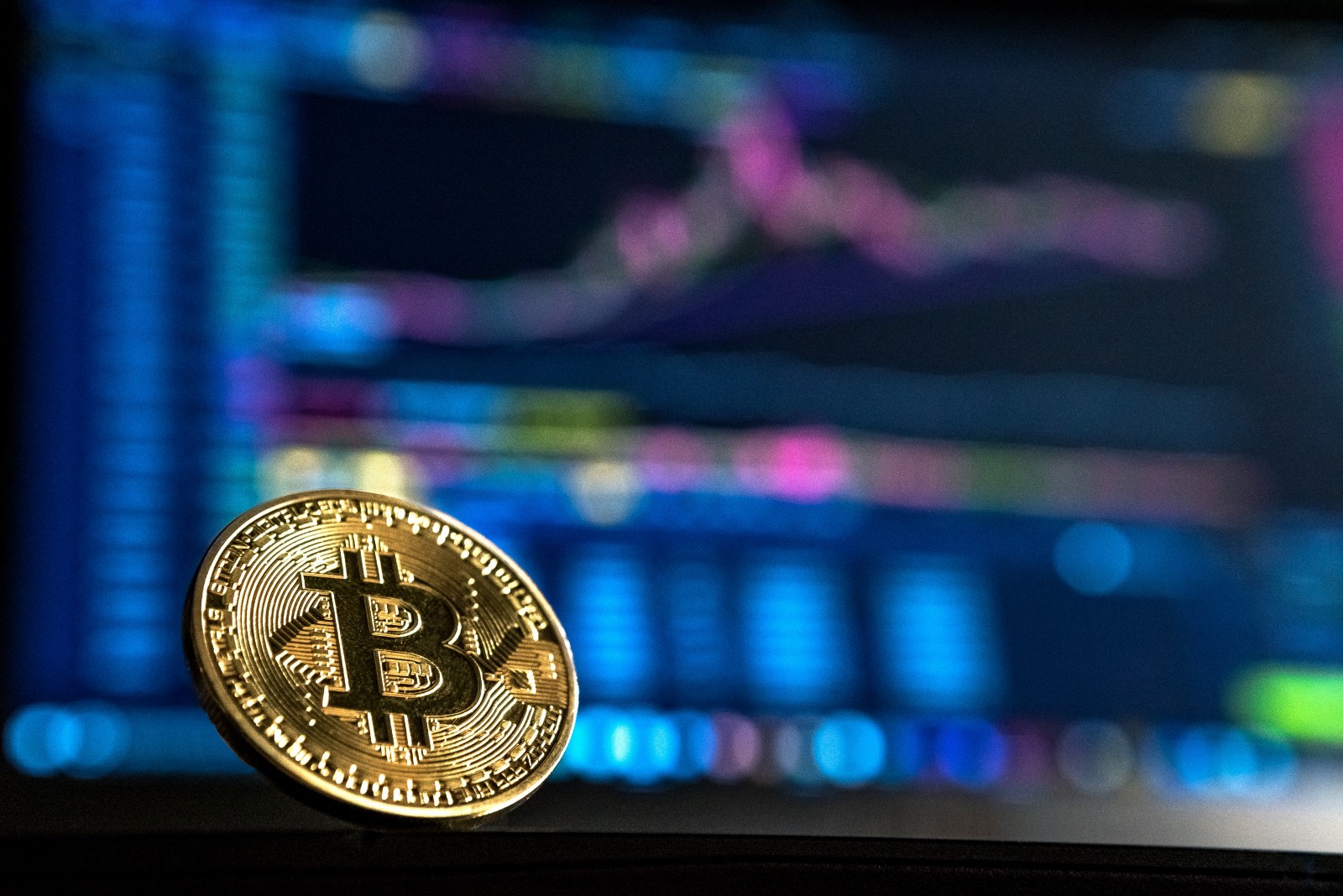Indonesia’s Commodity Futures Trading Regulatory Agency, know as Bappebti, authorised digital currencies as a trading commodity after issuing regulation No.5/2019. It describes technical provisions for the implementation of cryptocurrency exchanges. Currencies like bitcoin are now treated as commodities and can be traded legally.
According to the head of Bappepti, Indrasari Wisnu Wardhana, this regulation is expected to provide legal certainty while protecting the parties involved in crypto asset transactions. “We want to give protection to people who want to invest in crypto assets so that they aren’t cheated by fraudulent sellers,” said Wisnu, according to hukumonline.
Cryptocurrency exchanges did exist in Indonesia prior to this regulation; bitcoin.co.id for example (now known as Indodax) has been operating since 2014. But there was uncertainty about the legality of these exchanges, exacerbated by the fact that Indonesia’s Central Bank had banned cryptocurrencies as a payment option.
The regulation stipulates several requirements for any cryptocurrency traded in Indonesia, for example, they have to pass a risk assessment, to rule out that they’re being misused in money laundering schemes or the funding of terrorism.
The rules also require traders to have a client support division, employ at least one certified security practitioner, keep transaction data for at least five years, and have a server inside the country.
However, the Institute for Development of Economics and Finance (INDEF) sees that this regulation came “a bit too late”, as INDEF economist Bhima Yudhistira Adhinegara told local media.
Bitcoin prices in the last two years have fallen by 81% from US$ 18,269 at the end of 2017 to US$ 3,464 per coin in February 2019. The legal uncertainty surrounding bitcoin and other cryptocurrencies in Indonesia has caused many to miss out on opportunities during the trading heydays, Bhima argues.
According to Adhinegara, the price of cryptocurrency, especially bitcoin, tends to weaken after experiencing a significant increase in 2017. At that time, the price of bitcoin rose from US$ 1,000 per coin to close to US$ 20,000 per coin.
Moreover, Bank Indonesia does not allow virtual currencies to be the means of payments. In accordance with Law 7/2011 concerning Currency, all transactions in the territory of Indonesia are indeed required to use local currency rupiah.
Editor: Nadine Freischad
